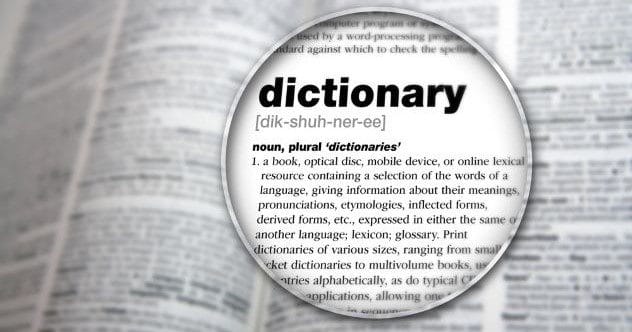Grammar snobs… everyone knows one, right? They’re the folks who cringe at misplaced modifiers and scoff at split infinitives. They have a very particular way of doing things. And when it comes to language and word usage, they feel a particular way about the dictionary. But language evolves, and sometimes, words that were once considered linguistic abominations find their way into mainstream usage and, gasp, even the dictionary!
Prepare to raise the hackles of your favorite grammar stickler with this list of ten words that grammar snobs insist shouldn’t exist… but do!
10. Nother
“A whole nother” – sound familiar? Grammar enthusiasts will argue that “nother” isn’t a word, and you shouldn’t break up “another” with “whole.” But guess what? “Nother” dates back to the 14th century, used similarly to “another.” By the 19th century, it stood alone as a synonym. While not as common, it’s dictionary-approved. So, go ahead, use it and watch the grammar police squirm.
9. Impactful
“Impactful” emerged from the depths of advertising agencies in the 1960s. These agencies sought a term to highlight the significant effect of their marketing campaigns. They morphed “impact” into “impactful” to describe their campaigns. And today, many things are seen as “impactful.”
8. Prolly
Dismissed as lazy internet speak by some, “prolly” is now dictionary official! Its documented use dates back to the 1940s as a shortened version of “probably.” Now, the Oxford English Dictionary recognizes its widespread use. Grammar sticklers should prolly accept that “prolly” is here to stay.
7. Snuck
Is it “sneaked” or “snuck?” While “sneaked” is correct, “snuck” has infiltrated the lexicon and earned its place in the dictionary. Since the late 19th century, people have used “snuck” as the past tense of “sneak.” Despite grammarians’ resistance, “snuck” snuck its way into mainstream dictionaries.
6. Madded & Madder

This two-for-one special is sure to rile up grammar nerds. While you can be “maddened” by something, can you be “madded?” Yes, you can! If you don’t do something at work, your coworkers can be “madded” by it.
And what about “madder?” When Barack Obama used it in a 2013 speech, he faced criticism. But “madder” is in the dictionary! So, Obama was right, even if it sounded wrong to some.
5. Orientate
“Orientate” is a word that seems to spark particular fury in grammar snobs. While “orient” and “orientation” are accepted, “orientate” is often frowned upon. However, “orientate” has been around since the 1840s among British speakers, used to mean determining one’s bearings. Although Americans favored “orient,” the British stuck with “orientate,” and now it’s used on both sides of the Atlantic.
4. Gonna
Believe it or not, “gonna” has been a word since 1806! As a casual contraction of “going to,” it was officially documented and added to the dictionary that year. With the rise of texting, words like “gonna” have gained importance, but its origins go way back.
3. Anyways
While English teachers may prefer “anyway,” “anyways” has been in use for over 800 years! Dating back to the 13th century, it gradually fell out of favor, replaced by “anyway.” Today, dictionaries list them as synonyms, with “anyways” more common in North America. So, use “anyways” with confidence!
2. Ginormous

“Ginormous” sounds like a millennial invention, right? Nope! It actually dates back to World War II. First used in 1942 as a blend of “gigantic” and “enormous,” it quickly caught on. Now, “ginormous” is a legitimate, dictionary-approved word.
1. Conversate
“Conversate” has an entry in every recognized dictionary and has been around for over 200 years. With “conversating” and “conversated,” this verb meaning “to converse” has a surprisingly long history. While copy editors might prefer “converse” or “talk,” “conversate” is a real word.
+ BONUS: Firstly
“Firstly” might sound awkward, but it’s not wrong. While “first” is often preferred, “firstly” has made its way into dictionaries. Although some consider it redundant, its widespread usage led to its inclusion. So, while not ideal, “firstly” is technically correct!
So, there you have it! Ten words (plus a bonus) that grammar snobs love to hate, but are, in fact, legitimate words. The English language is constantly evolving, and these words are proof that even the strictest rules can bend over time.
What do you think about these words? Do you use them? Let us know in the comments below!










